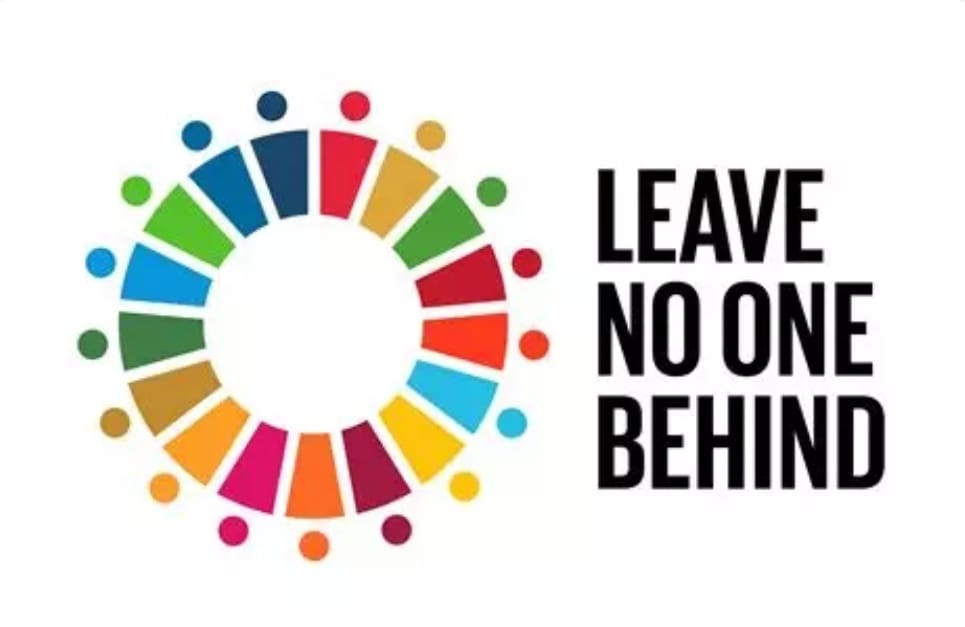
Bastien Beauducel is one of the four 2024 French Y7 delegates, dedicated to the track “Inclusion and Equal Opportunities.” He has a Masters degree in public policies from SciencesPo Rennes and l’École Normale Supérieure of Rennes. Bastien passed the French taxes authority and the Banque de France competitive exams. He currently works at the European Central Bank as a banking supervisor specialized in climate and environmental risks. He is committed to strengthening the connection between citizens and politics.
The Youth 7 (Y7), the official engagement group of youth of the G7, gathered in Rome at the end of May to tackle critical issues such as environmental crisis, digital transformation, and inclusion. In my capacity as French delegate for the “Inclusion and Equal Opportunities” track, I negotiated with my foreign counterparts to elaborate concrete recommendations to the Heads of State and Government of the world’s most developed countries.
Today, I share our generations’ fears and I launch a pressing call to G7 leaders to demand them to commit to build a desirable sustainable and inclusive future.
I am alarmed by the impact of the current polycrisis on inclusion and equal opportunities. Conflict zones are expanding throughout the world: in Middle East and North Africa, Africa, Asia, Latin America but also in Europe at the border of the European union. Unfortunately, the environmental crisis will get worse; due to climate change, it is estimated that 216 million people will be forced to move by 2050. Who can believe that we can ensure inclusion and equal opportunities while crisis situations are multiplying in the world?
G7 Leaders, you need to act urgently to ensure inclusion in every situation especially in periods of crisis. Develop as soon as possible nationwide action plans based on the fundamental framework of the Youth, Peace, and Security agenda, institutionalizing meaningful participation of young people in peace-building negotiations from the outset, and commit to apply them. Prioritise preventative measures to combat gender-based violence and uphold the rights and needs of refugees, prioritising the most vulnerable.
I am alarmed by the biases in our political system and by the growing distance between citizens and politics. First, half of OECD countries recognized that their tax systems have gender-based implicit bias. In the Netherlands, the combination of individualized and household-based taxation may affect the division of labour within the household. Moreover, parental leave schemes are still very different between men and women: whereas every European country has maternity leave schemes, four countries have not implemented paternity leave schemes. Secondly, the turnout in European Parliament election decreased from 62% in 1979 to 50% in 2024. According to the CEVIPOF barometer, 38% of French people are dubious about politics, its highest level since 2009. How can we demand people to act inclusively in their daily life when this inclusion is not sufficiently tackled in the regulations organizing the society?
G7 Leaders, you must act courageously to strengthen the inclusiveness of policymaking and governance to ensure the representation and involvement of all. Foster citizens’ political participation by implementing innovative tools of deliberative democracy such as citizens’ conventions at every level of governance, and consider the French climate citizens’ convention objectives and output (even if they were not completely taken into account by French public authorities). As an example, integrate an intersectional approach to policy-making though the development of a toolkit recognizing intersecting and mutually reinforcing barriers and discrimination with the support of international organizations, such as OECD, and expand the work on the inclusion of people with disabilities in all areas of life by holding an annual G7 inclusion summit.
I am alarmed by the social and economic difficulties of young generations. In 2023, 14.1 % of 15-24 year olds in the European Union were unemployed, compared with 5.9% of the entire population. In France, 51% of them have difficulties to pay their energy bills. Moreover, 26% of the people under 30 years old lived in an overcrowded accommodation, whereas this rate is 9 points lower for the entire population. How can we hope that young generations believe in the future, if they have the impression, in their daily life, that they are left behind?
G7 Leaders, act with courage to tackle social and economic precarity guaranteeing an access to essential goods and services. Lower the cost of living for youth by establishing a special fund providing long-term financing for the development of affordable housing and introducing progressive pricing for water and energy. Commit to further investment in affordable and accessible childcare, recognizing childcare as a necessary public infrastructure for sustainable development, and overcome the gender and racial health gap through investment in unbiased and equitable research.
I am alarmed by the remaining discriminations in labour market. In the European union, women remain underrepresented and less paid than men. In 2021, 67.7% of women were in employment, whereas men’s employment stood at 78.5%. Moreover, in 2022, 28% of women have part time job whereas this situation concerned 7% of men. The gender pay gap stood at 13% for the EU27 in 2020 and declined only by 2.8 pp since 2010. Moreover, according to studies, in France, a person with an Arabic related name is four time less likely to be recruited than a person with a French-related name. Who can believe that equal opportunities and inclusion will be tackled without considering the labour market?
G7 Leaders, act with courage to promote inclusivity and accountability in all aspects of the labour market through an intersectional approach. Ensure equal job opportunities for everyone in every economic sector and at every professional level, including leadership, by enforcing anti-discrimination measures. Create a dedicated G7 Diversity Pipeline Fund to invest in programs, initiatives and support civil society actors that nurture a pipeline of diverse talents.

